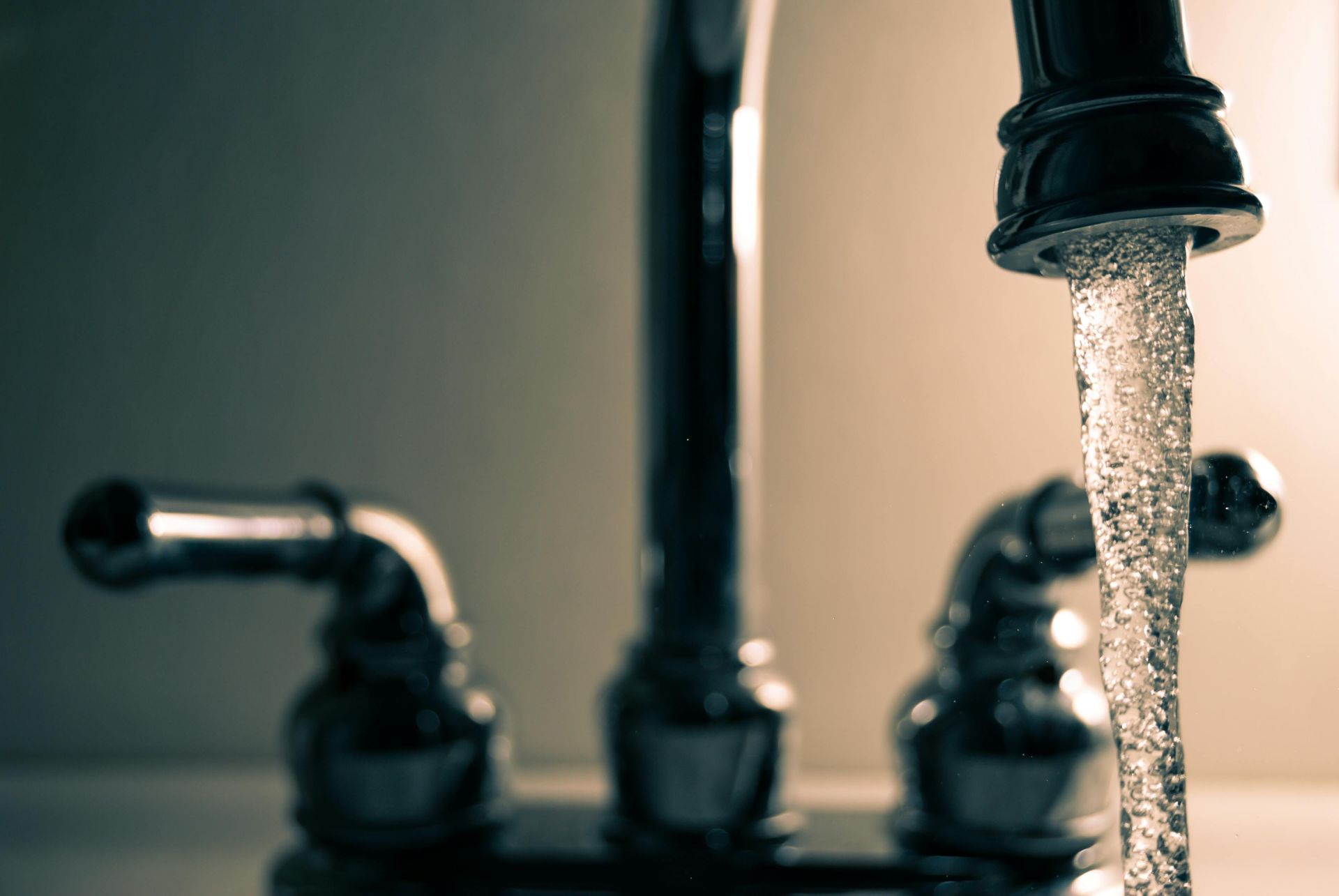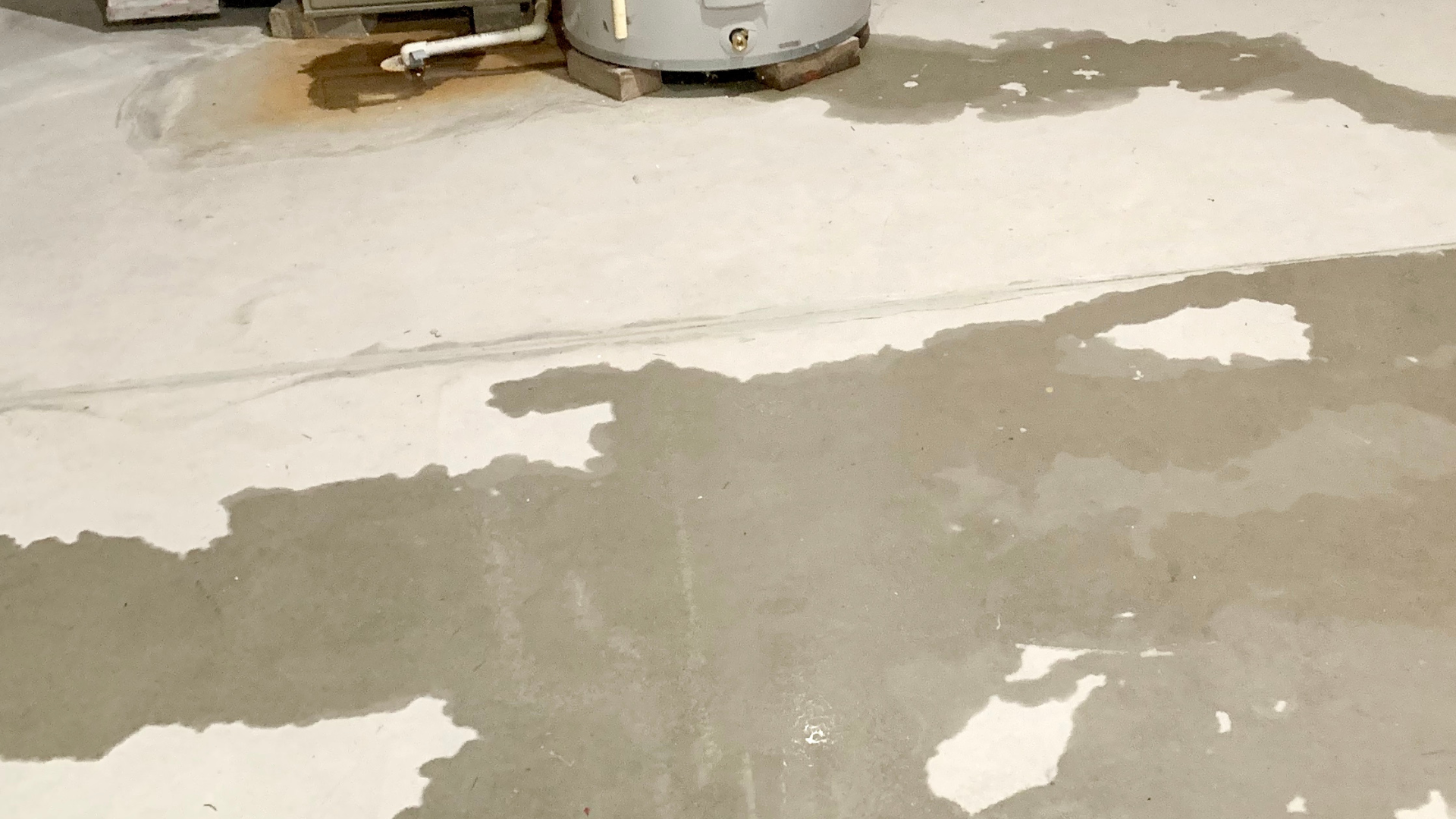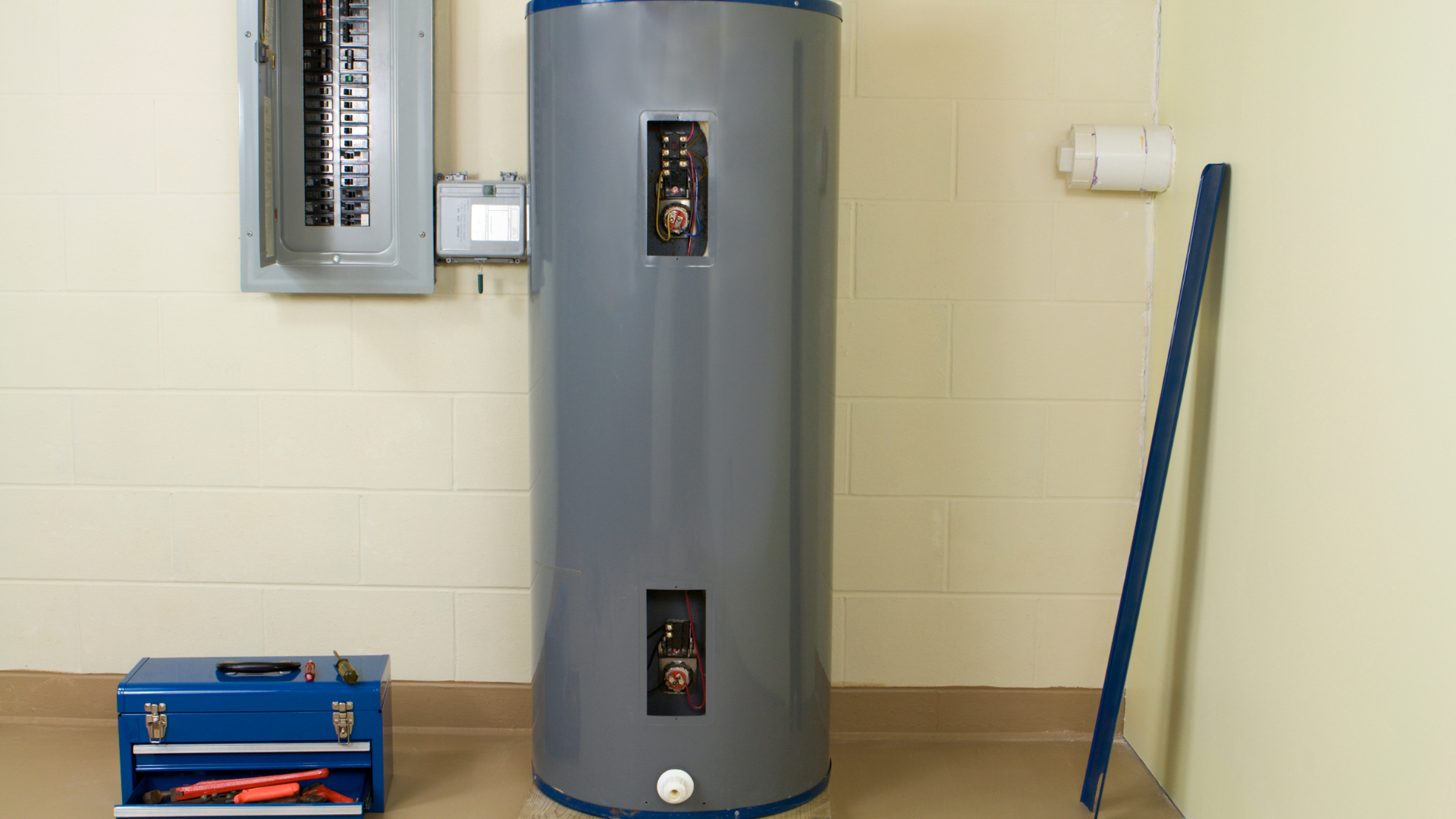Is Your Well Pump Showing Signs of Trouble
Is Your Well Pump Showing Signs of Trouble? Here's What Homeowners Need to Know

For many homeowners, a well pump is an unsung hero, silently providing fresh water day in and day out. But like any vital system, well pumps have a lifespan and can exhibit signs of wear and tear. Knowing these warning signs can save you from a complete water outage and costly emergencies. This guide will help you understand when it might be time for a well pump repair or replacement and how to find the right professional for the job.
Telltale Signs Your Well Pump Needs Attention
Don't wait until you're without water to think about your well pump. Keep an eye out for these common indicators:
- No Water or Intermittent Water Supply: This is the most obvious sign. If you turn on the faucet and nothing comes out, or the water flow is inconsistent, your pump is likely struggling or has failed.
- Low Water Pressure: A noticeable drop in water pressure throughout your home could indicate a weakening pump that's no longer able to deliver water effectively.
- Dirty or Muddy Water: If your water suddenly appears cloudy, sandy, or muddy, it could mean your well pump is drawing sediment from the bottom of the well, possibly due to a failing pump or a drop in the water table.
- Strange Noises Coming from the Well or Pressure Tank: Grinding, clicking, banging, or excessive cycling noises from your well pump or pressure tank are often indicators of mechanical issues.
- High Electric Bills: If your well pump is constantly running or cycling too frequently, it's consuming more energy than usual, which will show up on your electricity bill. This can be a sign of a failing pump or a problem with your pressure tank.
- Constant Pump Cycling: Your well pump should cycle on and off to maintain water pressure. If it's turning on and off much more frequently than usual, it could indicate a leak in the system, a waterlogged pressure tank, or a failing pump.
- Air Spitting from Faucets: While occasional air can be normal, if you frequently hear air sputtering from your faucets, it could point to a low water level in the well or a problem with the pump's ability to draw water efficiently.
Repair or Replace?
Once you've identified a potential issue, the question becomes: repair or replace? A qualified contractor will be able to assess the problem and recommend the best course of action. Generally:
- Repairs are often suitable for minor issues like a faulty pressure switch, a clogged intake, or a broken pipe.
- Replacement is usually recommended for older pumps nearing the end of their lifespan (typically 10-15 years), significant motor issues, or if the cost of repair approaches the cost of a new pump.
Choosing the Right Contractor: Do You Need a Specialist?
This is a crucial question. While some general plumbers might have basic knowledge of well systems, it is highly recommended to choose a contractor with specialized expertise in well pumps and well systems. Here's why:
- Specialized Knowledge: Well pumps are complex systems involving electrical components, plumbing, and an understanding of hydrology and well dynamics. A general plumber might not have the in-depth knowledge required for accurate diagnosis and repair or replacement.
- Specific Equipment: Well pump contractors often have specialized equipment for pulling pumps from wells (especially deep wells), diagnosing electrical issues, and testing water flow and pressure.
- Safety: Working with well pumps involves electrical hazards and heavy equipment. A specialist will have the proper safety protocols and training.
- Experience with Well Types: There are different types of well pumps (submersible, jet pumps, etc.), and a specialist will have experience with all of them.
- Permitting and Regulations: Well system work may require specific permits and adherence to local regulations. A specialized contractor will be familiar with these requirements.
Look for contractors who specifically advertise "well pump services," "well drilling and service," or "water well contractors."
How to Choose the Right Well Pump Contractor
Once you've narrowed down your search to specialized contractors, consider these factors:
- Experience and Reputation: Look for contractors with a proven track record in well pump repair and installation. Check online reviews, testimonials, and ask for references.
- Licensing and Insurance: Ensure the contractor is properly licensed and insured. This protects you in case of accidents or damage during the work.
- Certifications: Ask if their technicians have any relevant certifications in well drilling or pump systems.
- Emergency Services: A well pump failure can be an emergency. Choose a contractor who offers 24/7 emergency services.
- Clear Communication and Transparent Pricing: The contractor should be able to clearly explain the problem, the proposed solution, and provide a detailed, written estimate before starting any work. Avoid contractors who are vague about costs.
- Warranty: Inquire about warranties on both parts and labor for the repair or new installation.
Don't let a well pump problem leave you high and dry. By being aware of the warning signs and knowing how to select a qualified, specialized contractor, you can ensure your home's water supply remains reliable and trouble-free.
Click Another Article to Read More










